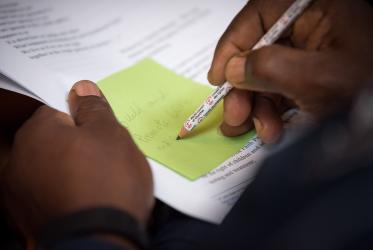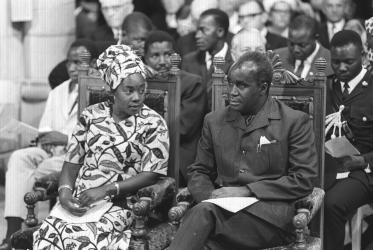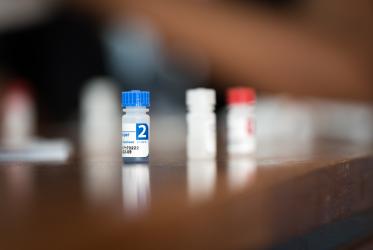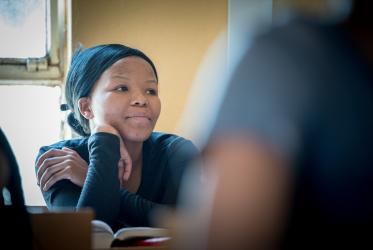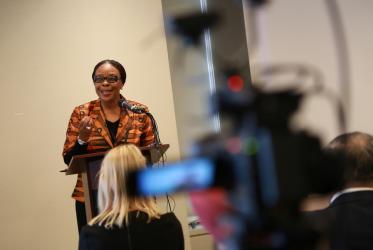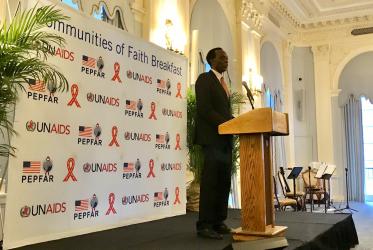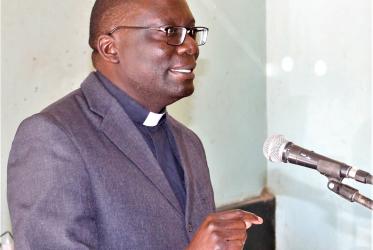Displaying 1 - 20 of 31
03 August 2021
African Churches mark International Women’s Day
09 March 2021
Young Africans are eager to grapple with challenges
09 January 2020
Rev. Damon Mkandawire: “A man is a gender justice champion”
03 October 2019
Council of Churches in Zambia: “Involve the people in the process”
09 September 2019
“Good healthcare a right, not a privilege,” says WCC-EAA
11 October 2017
In Zambia, foreign investors complicate “economy of life”
06 September 2017
GEM School: integrating theology and economics
05 September 2017
“It’s time to be brave, to form diverse partnerships”
02 March 2017
“Health and healing for all people, that is the challenge”
28 February 2017
